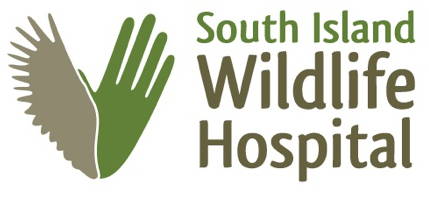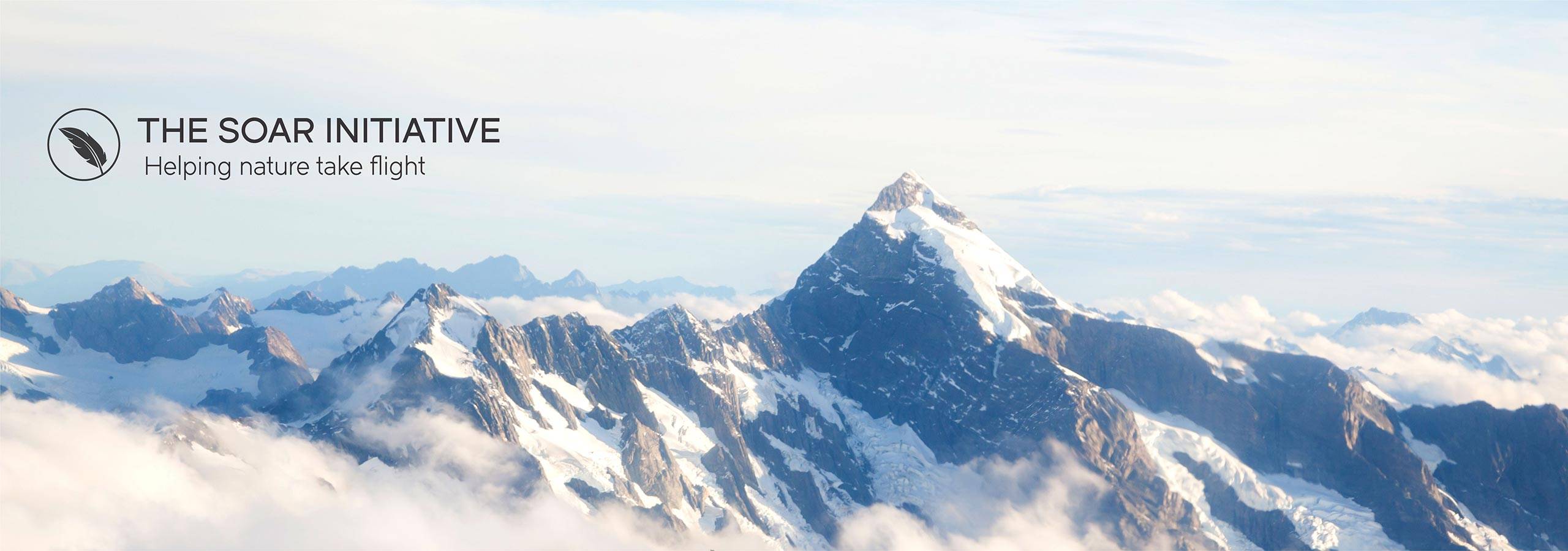
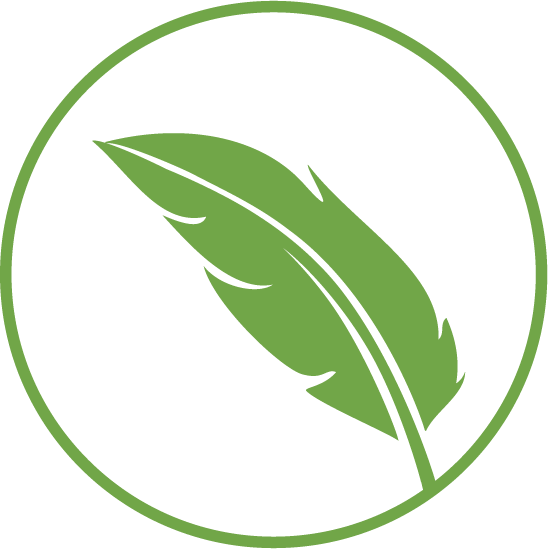
The Soar Initiative provides support at a national, local and individual level to help New Zealand’s nature soar ahead...
Aotearoa is blessed with absolutely precious native flora and fauna. Any successful business should consider it an honour and a responsibility to support those working to safeguard this important natural environment.
With our Soar Initiative we have created a pool of funding that can help both large and small organisations. We’re also busy with annual support for the New Zealand Garden Bird Survey, Forest & Birds Kiwi Kids Conservation Club and a number of other initiatives, and often will donate percentages from sales in support of specific causes.
Locally we make regular donations to schools and support their fundraisers with products. We also like to share the love with those in our community who are making a difference to our environment through local predator trapping groups and eco-restoration programmes.
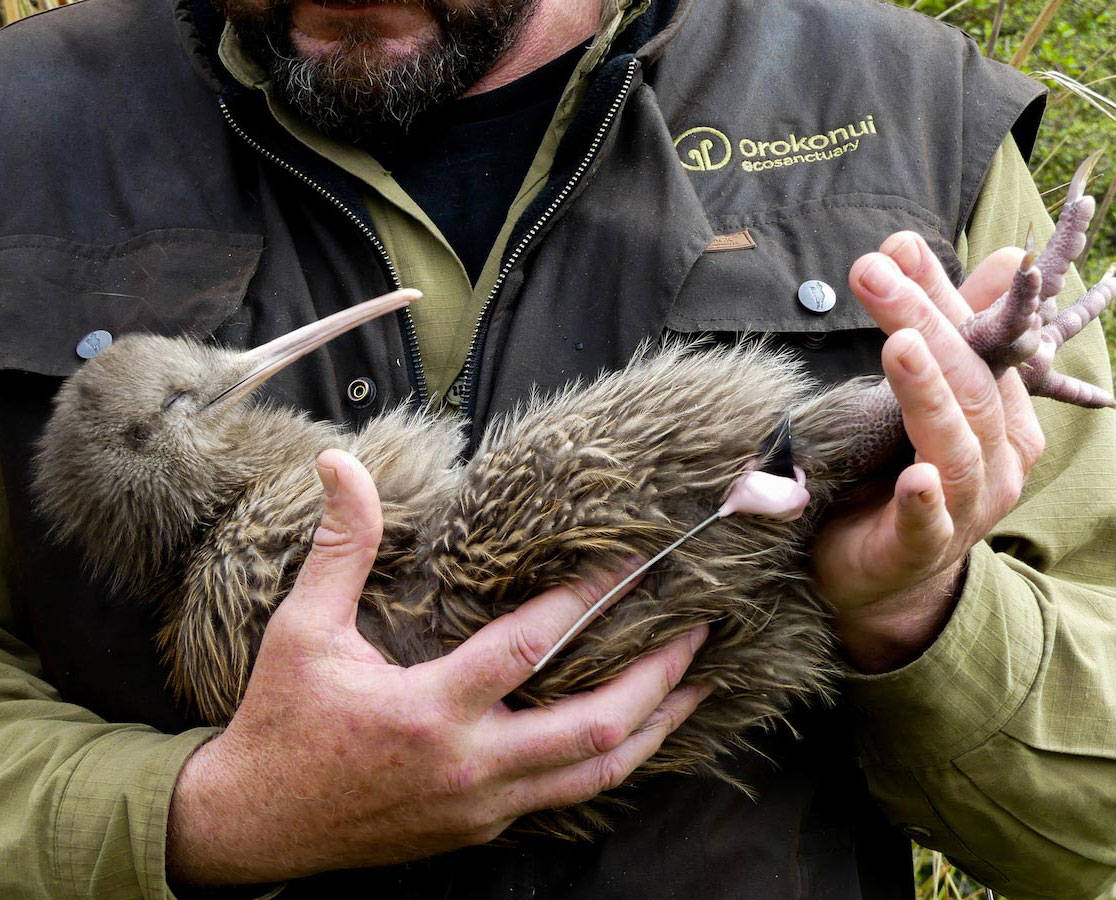
The South Island Wildlife Hospital is a non-profit facility that treats and rehabilitates injured wildlife in the South Island. Thanks to their highly specialised work, many wild and native birds return to the sea and sky in good health.
The Hospital is led by an experienced veterinarian, vet nurses and a team of dedicated volunteers. Before it opened in 2007, there was no facility in the South Island to treat endangered birds needing medical care. Taonga species such as kea and kiwi were flown to the North Island for treatment, with the travel exposing the birds to additional stress and delays in treatment.
Today from its location on the grounds of the Willowbank Wildlife Reserve, the Hospital provides prompt, specialised treatment for the precious birds that are brought in with illness or injury. However, this work is costly. SOAR funding will support the essential work done by the team to bring these taonga species back to health.

As coordinators of over 70 trapping groups, the Whakatipu Wildlife Trust supports volunteers to eliminate harmful predators – with the ultimate goal of seeing birds and native wildlife flourish in the area once again.
Formed in 2017, the Trust connects, grows and supports volunteer community predator-trapping efforts in the Queenstown Lakes District. In addition, they partner with other environmental groups, including DOC, Forest & Bird and Southern Lakes Sanctuary on large scale conservation projects. Thanks to the Trust’s work, over 5000 traps are active and being maintained in the Whakatipu and a growing community of bird watchers is learning to identify and monitor the area’s native birds.
SOAR Initiative funding will bolster trapping efforts through the purchase of 30 Flipping Timmy possum traps. Currently, traplines in the area are focused on harmful and quick-breeding mustelids and rats, but possums are wreaking havoc too. They compete directly with native birds for foliage, berries and nectar, and have been known to predate on birds’ eggs and chicks. We are proud to help volunteers tackle the predator problem from a new angle and look forward to hearing about the results.
Past SOAR Initiative Recipients
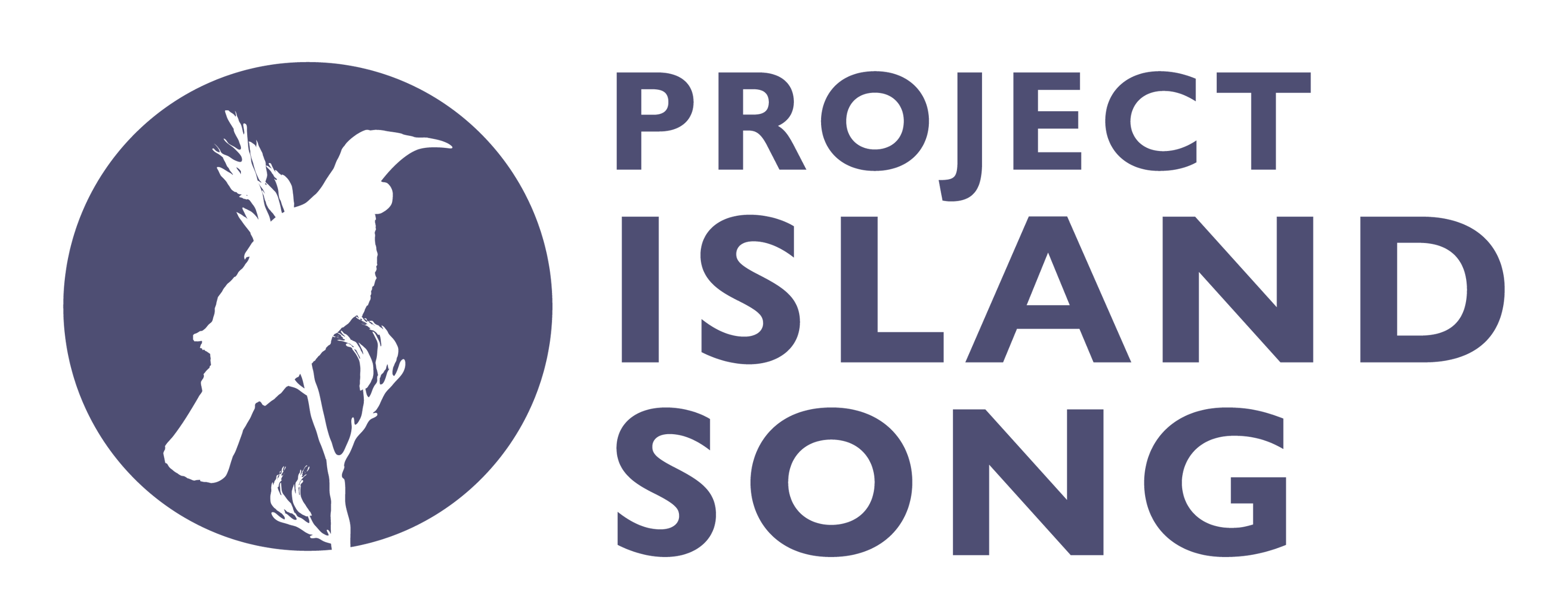
Since 2009, Project Island Song has been building a pest-free sanctuary across the islands of Ipipiri in the eastern Bay of Islands.
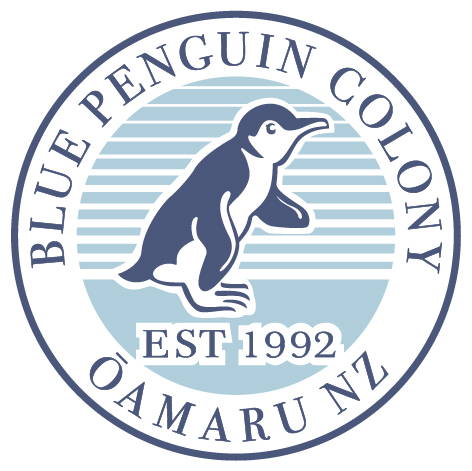
The Ōamaru Blue Penguin Colony is tasked with the protection of our local kororā through long-term monitoring, research and public education programmes.
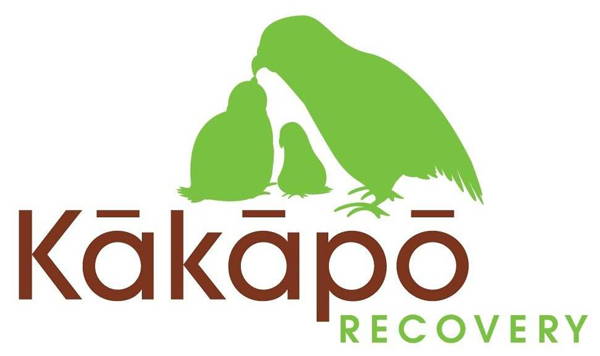
The Kākāpō Recovery Programme is run by the Department of Conservation thanks to the combined efforts of scientists, rangers, volunteers and donors.

Topflite has been supporting Forest & Bird for over a decade now. We consider their work ‘giving nature a voice’ to be of huge importance to the future of our country and we’re proud to assist these efforts.
They’ve helped create and extend a number of national parks, high country parks and marine reserves and campaigned to have Te Wāhipounamu recognised as a World Heritage site. From halting the logging of publicly owned native forests to pest control initiatives, species protection to water conservation to land restoration, they’ve worked hard to speak for the trees, the animals and the future generations ahead.

On the north coast of Dunedin, Orokonui has become a flagship biodiversity project and a leading destination for visitors keen to experience the 307 hectares of protected Coastal Otago forest.
From tuatara to saddleback, takahē to kākāriki to kākā and more, there are some incredible sights to be seen here.
We love what the team at Orokonui are doing and are proud to support their efforts. While they have staff working full time now, volunteers founded the sanctuary – and it’s still reliant on the good work of those helping out with track maintenance, weed control, fence supervision and pest monitoring.


